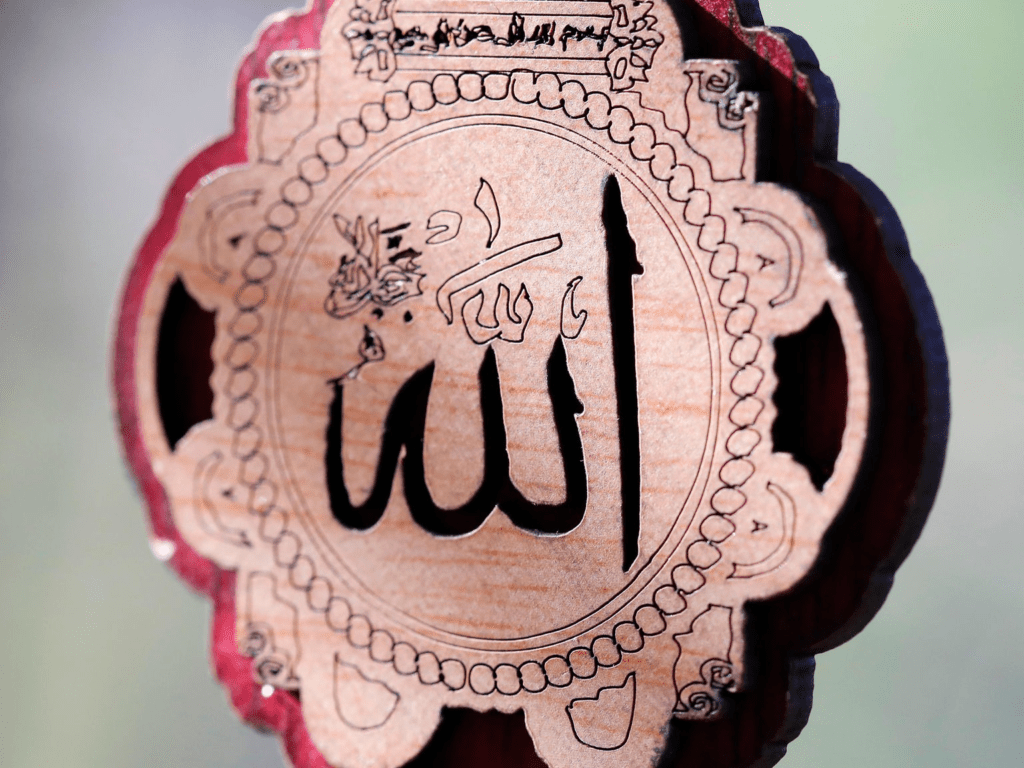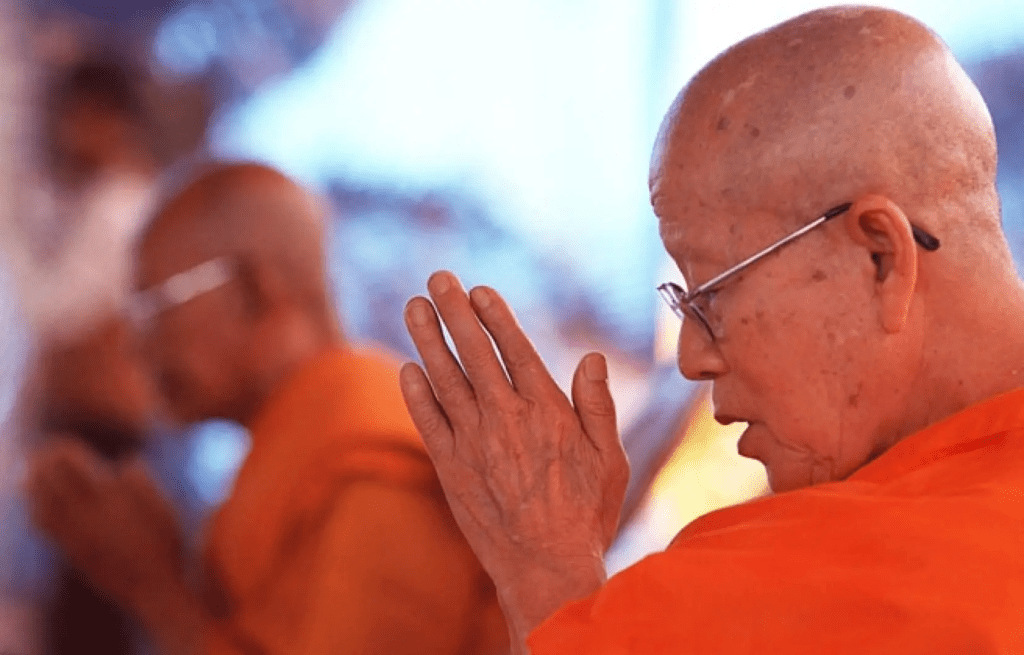In a hypothetical scenario where the great spiritual leaders Jesus, Moses, Muhammad, Buddha, and Confucius converge for a meeting, one can only imagine the profound discussions that would take place. Each revered figure, with their own unique teachings and insights, would undoubtedly offer valuable perspectives on various aspects of life, including the pressing issue of ecology and the importance of green products in today’s world.
As the gathering begins, Jesus, known for his messages of love, compassion, and stewardship of the Earth, starts the conversation. “In the book of Matthew, I said, ‘Blessed are the meek, for they will inherit the Earth.’ We must recognize the sacredness of our planet and strive to protect and preserve it for future generations.”
Moses, the prophet of Judaism, nods in agreement. “In the Torah, it is written, ‘The Earth is the Lord’s, and everything in it.’ We have a responsibility to be caretakers of God’s creation, to ensure that we do not exploit or harm it recklessly.”
Muhammad, the founder of Islam, adds his perspective. “In the Qur’an, Allah says, ‘Do not commit abuse on the Earth, spreading corruption.’ We are stewards of the Earth, entrusted with its care. It is our duty to act responsibly and sustainably.”
Buddha, the enlightened one, offers his wisdom. “In Buddhism, we recognize the interconnectedness of all beings and the environment. Just as we seek inner peace and harmony, we must extend that compassion to the world around us.”
Confucius, the philosopher of ancient China, contributes his insights. “In the Analects, I emphasized the importance of harmony between humanity and nature. We must align our actions with the rhythms of the natural world, living in balance and respect.”
As the discussion deepens, the prophets delve into the practical aspects of promoting ecology and green products. They reflect on the importance of mindful consumption, reducing waste, and embracing sustainable practices. They emphasize the need for individuals and communities to take action, whether through advocacy, education, or lifestyle changes.
Jesus expands upon the parable, drawing parallels between the farmer’s struggle and humanity’s responsibility towards the environment. “Just as the farmer diligently tended to his crops, nurturing the good seed and rooting out the weeds, so too must we cultivate and protect the precious resources of our planet,” Jesus elaborates. “The ‘weeds’ of environmental degradation, such as pollution, deforestation, and habitat destruction, threaten the delicate balance of life on Earth. If left unchecked, they can choke out the flourishing of biodiversity and harm the very ecosystems that sustain us. As stewards of God’s creation, we are called to be vigilant guardians, identifying and addressing these threats with urgency and resolve. But let us not only focus on uprooting the negative; let us also sow seeds of sustainability, nurturing practices that promote harmony with nature and ensure the well-being of future generations. Just as the farmer’s efforts yielded a bountiful harvest, so too can our collective actions cultivate a thriving, sustainable world for all.”
Moses reflects further on the Exodus story, emphasizing the profound lessons learned during the Israelites’ journey through the wilderness. “In our journey from slavery to freedom, we experienced God’s miraculous provision in the form of manna,” Moses continues. “It was a daily reminder of divine sustenance and care amidst the barrenness of the desert. However, this divine gift was not limitless. It required our stewardship and gratitude. We learned that wastefulness and disregard for the resources provided to us were not only disrespectful but also unsustainable. Just as we were entrusted with the responsibility to gather only what we needed, we must apply the same principle to our relationship with the Earth. We must honor the abundance provided to us by exercising mindfulness and responsible stewardship. Our actions today echo through time, shaping the world we pass on to future generations. Let us heed the lessons of the wilderness and tread lightly upon the Earth, mindful of our impact and grateful for the bountiful gifts bestowed upon us.”
Muhammad elaborates further on the concept of Sadaqah Jariyah, emphasizing its significance in Islam and its relevance to environmental stewardship. “In Islam, Sadaqah Jariyah extends beyond traditional acts of charity to encompass any action that brings ongoing benefit to others,” Muhammad explains. “By planting a tree or supporting sustainable initiatives, we engage in acts of charity that have far-reaching implications. Just as a tree continues to provide shade, oxygen, and sustenance long after it has been planted, so too do our efforts in preserving the environment benefit future generations. Our actions today ripple through time, shaping the world that our children and grandchildren will inherit. As Muslims, we are called to be mindful of the legacy we leave behind and to ensure that our deeds contribute positively to the well-being of all creation. In embracing sustainability, we fulfill our duty as stewards of the Earth, leaving a lasting impact that echoes through generations to come.”
Buddha delves deeper into the teachings of the Eightfold Path, particularly focusing on the aspect of “Right Livelihood.” “Right Livelihood is not only about earning a living but also about the ethical and sustainable implications of our work,” Buddha elaborates. “In today’s interconnected world, the choices we make in our professions can have far-reaching consequences on the environment, society, and ourselves. It is essential to consider the impact of our livelihoods on the delicate balance of life on Earth. By engaging in work that is ethical, sustainable, and aligned with the principles of compassion and non-harm, we contribute positively to the collective well-being of all beings. Whether we are farmers, artisans, or business leaders, our actions ripple outward, shaping the world around us. Let us strive to cultivate mindfulness and awareness in our work, choosing paths that promote harmony, justice, and environmental stewardship. In doing so, we embody the spirit of Right Livelihood and pave the way for a more sustainable and compassionate society.”
Confucius emphasizes the importance of virtue and social harmony. “To achieve true harmony, we must cultivate virtues such as benevolence, righteousness, and integrity. This extends to our relationship with nature, where we must act with reverence and care.”
As the meeting draws to a close, the prophets express hope for humanity’s ability to embrace ecological stewardship and green living. They offer words of encouragement and guidance to all who seek to walk a path of compassion and sustainability, echoing their timeless teachings of love, harmony, and reverence for all life.
In this fictional narrative inspired by real historical figures and their teachings, we are reminded of the timeless wisdom that transcends religious boundaries and speaks to the universal values of care for the Earth and all its inhabitants. As we navigate the challenges of the modern world, may we draw inspiration from these wise prophets and strive to live in harmony with the natural world, embracing ecological consciousness and sustainable practices for the well-being of future generations.
Related links
- Intermittent Fasting: Fact vs. Fad – A Science-Based Breakdown
- Rivers of Renewal: Exploring the Majesty and Importance of the World’s Largest Waterways
- Island Gems: Preserving the World’s Most Stunning Paradises for Future Generations
- AI Companions: The Next Frontier of Human Interaction
- If Jesus, Buddha, Mohammad, Confucius, and Moses have been dead for 2000+ years now, how can dead people guide the living?
- Prophets and Their Purposes
- Short Stories – IndependentAuthorNetwork.com





